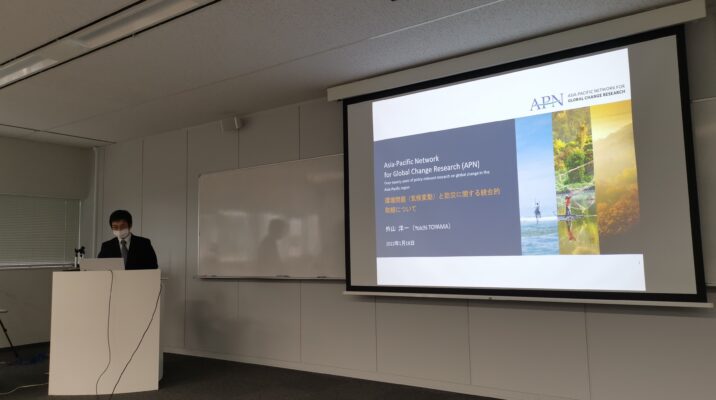This paper proffers an extension of an institutional framework for guiding low-carbon urban infrastructure investment. It reads the “low-carbon societies” discourse as an expression of Ecological Modernization Theory (EMT), and assesses it using Daerah Khusus Ibukota (DKI) Jakarta as a case study, along with a complementary survey of macro analyses of the effectiveness of ecological modernization strategies. The paper finds that DKI Jakarta, as expected of the low-carbon societies discourse emergent from EMT, has a well-developed plan and institutional framework for pursuing improvements in the intensity of greenhouse gas (GHG) emissions. However, despite ensuing mitigation targets and organizational changes, projections of overall carbon emissions for DKI Jakarta by 2030 are likely to exceed levels deemed to be sustainable and equitable. In response this paper suggests that the institutional framework for guiding low-carbon urban infrastructure investment must complement its prioritization of efficiency strategies with an engagement with the idea of sufficiency and its eventual enactment. This is a challenging proposal given the dominance of industrial capitalism and the related trend that David Harvey termed “entrepreneurialism” in urban governance. This realization calls for theoretical and practical innovations in climate governance. An economic development framework responding to these demands is discussed and suggestions for an institutional framework to guide low-carbon urban infrastructure investment are considered.
Peer-reviewed publication


